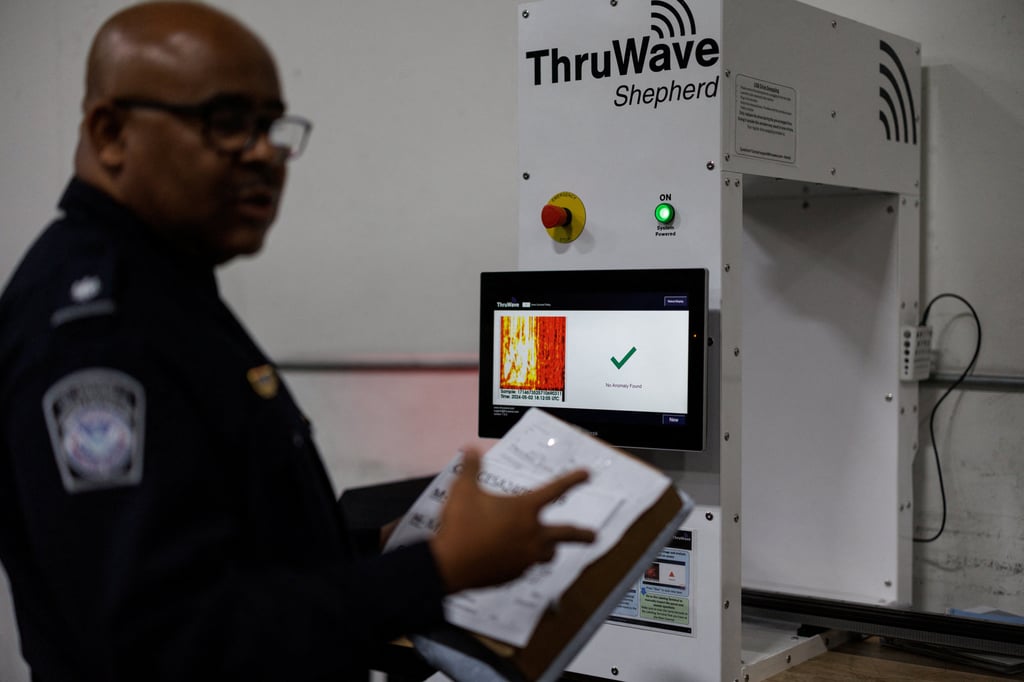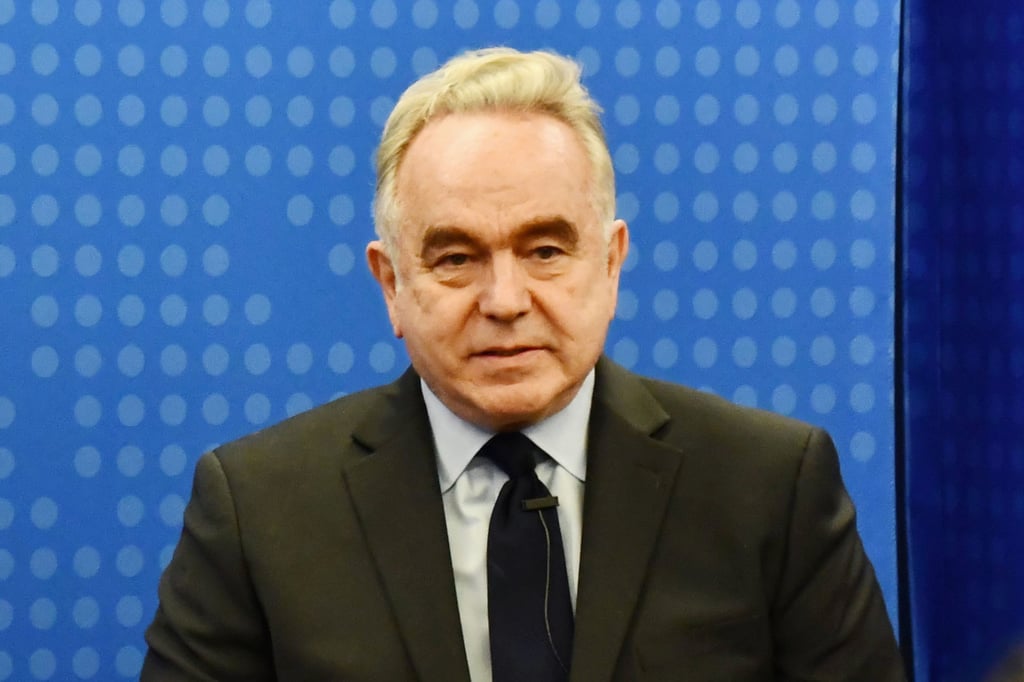China delegation visits US to discuss fentanyl crisis collaboration amid ‘complex’ ties
Beijing in recent months has shut down 14 key websites and suspended more than 330 business accounts and over 1,000 online shops that were engaged in the sale and distribution of illicit drugs and precursor chemicals.
Chinese law enforcement also issued a notice to the chemical industry, warning companies against the illicit trade and precursor chemicals as well as acted against entities of concern.
In June, Beijing added 46 new psychoactive substances to its controlled-substances list.
While noting Washington constantly seeks to verify any claims about Beijing’s actions, the senior American official on Tuesday said it was known that “these kinds of arrests reverberate” throughout the Chinese system and “send an important message”.
However, there continued to be a significant supply of precursor chemicals out of China and “there’s obviously a whole lot more to do” and “that’s why these ongoing conversations and engagements are so important”, the official added.
The meeting with the Chinese delegation is meant to address several key issues, such as urging Beijing to classify all substances identified as controlled chemicals by international bodies and discussing enhanced information exchange regarding companies involved in shipping drugs to the US.
Preliminary federal data released in May revealed a slight decrease in overdose deaths in the US for 2023, marking the first reduction in five years.
The estimated total number of drug overdoses for the year was 107,543, down from 111,029 in 2022 – a 3 per cent decline. Overdose deaths, driven predominantly by fentanyl, surged past 100,000 annually by 2020 and continued to rise.

The talks on Wednesday will coincide with the American president making two major announcements described as taking the fight against synthetic drugs to the “next level”.
According to the senior American official, this approach would enhance intelligence collection, improve coordination and cooperation as well as boost disruption efforts.
It would also facilitate collaboration with the private sector, recognising the vital role of public-private partnerships in effectively tackling this challenge.
Separately, Biden is set to urge the US Congress to pass legislation that integrates several ideas put forward by lawmakers to address key loopholes exploited by drug traffickers.
One bill includes several key initiatives aimed at combating drug trafficking. It seeks to establish a nationwide pill press and tabletting registry to help law enforcement monitor machines and prevent their illicit use in producing counterfeit fentanyl pills.
Additionally, the legislation will require importers of small packages to furnish more detailed information to Customs and Border Protection officials, enhancing the ability to track these shipments and better detect and identify packages containing illicit fentanyl precursor chemicals and related paraphernalia.
In the last five months, US border officials have seized more than 442 million potentially lethal doses of fentanyl.

On Tuesday, the senior American official said more fentanyl had been seized over the past two years than in the previous five years combined.
In detailing the government’s commitment to addressing the crisis, the official said Biden’s successful negotiation with China to resume counternarcotics cooperation had resulted in enhanced law-enforcement collaboration.
This includes ongoing efforts to shut down companies involved in illicit fentanyl and synthetic-drug trafficking, both of which contribute to American fatalities.
Speaking separately at a Senate Foreign Relations committee hearing on Tuesday, US Deputy Secretary of State Kurt Campbell said the report card on China’s efforts to curb exports of precursor chemicals had so far been “incomplete”.
“The best grade I could give on the fentanyl [pledge] … would be an incomplete,” said Campbell.
“There are some modest steps that the Chinese have taken. There are some criminal prosecutions they’ve undertaken. They’ve wrapped up a few of the companies involved.”
“I think, increasingly, the Chinese recognise that since so much of that is coming from manufacturers in China that they have to take more steps.”
Additional reporting by Robert Delaney in Washington